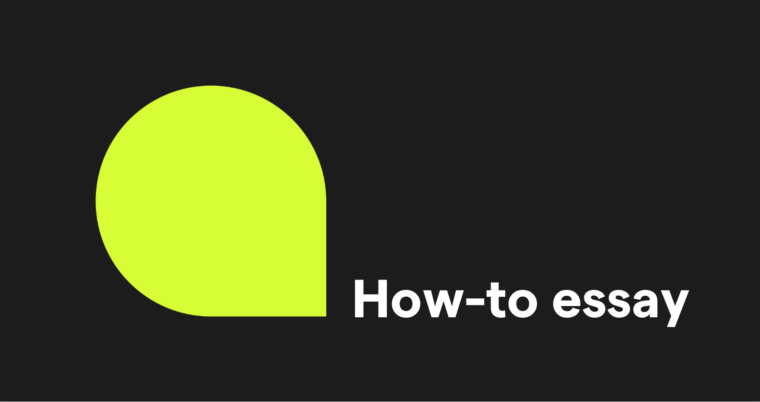
College applications come with high stakes and the promise of fast-forwarding your educational goals. A crucial component to the application process is the college essay, sometimes referred to as the personal statement. Therefore, planning and organizing are essential for the type of writing that’ll show university and college admissions you’re a good catch. This survival guide will help you write your way through this process with intentionality, efficiency, and perhaps even a little fun.
Construct a plan
You’ve started your college application plan and it’s time to prepare the writing component. Use Google Sheets or Microsoft Excel to create a spreadsheet-based calendar that tracks application deadlines and outlines or annotates specific essay requirements. For any given institution, your spreadsheet may include the number of essay responses needed, minimum and maximum word counts, and notes reminding you of where supplemental responses are required or optional.
Familiarize yourself with the terrain
Many schools use the Common App to manage submissions. The app offers seven pre-approved prompts to choose from; you can then write the same essay to send to several schools—definitely a time saver! However, some institutions do not use the Common App. For example, the University of California (UC) system asks you to address four out of eight Personal Insight Questions. Other institutions might request the essay you wrote for Common App plus additional essays. Your best bet for navigating these is a solid college application writing plan that lists the varied expectations specific to your favorite schools. Again, planning and organizing set you up for success.
Showcase your strengths
Note that the college essay is personal, so choose topics that help to highlight your accomplishments and/or growth in a holistic manner. Before you start writing your essays, generate a list of your personality traits and characteristics relevant to your particular life experiences. Think of how your background, identity, intersectionalities, and socioeconomic status inform your worldview and who you are. In fact, this approach offers you rich, specific content and a way to connect empathetically with your readers.
If asked to choose your own topic for your college essay, generate questions that will reveal something unique about you, like a specific trait or characteristic, and demonstrate why you are a strong candidate. The following UC Personal Insight Question exemplifies the type of question you might craft for yourself.
“Some students have a background, identity, interest, or talent that is so meaningful they believe their application would be incomplete without it. If this sounds like you, then please share your story.”
Notice how the prompt focuses on the applicant’s unique qualities; it offers definitive but non-restrictive categories from which to choose. There’s also an invitation for you to show how your uniqueness strengthens your candidacy.
Work efficiently
Many prompts have similarities, so scan them for synonymous terms and/or topics. This will help you determine if an essay can be reused, with a bit of tailoring. For example, “overcoming a personal or academic challenge” appears in slightly different variations on both the UC portal and Common App.
UC Personal Insight Question:
“Describe the most significant challenge you have faced and the steps you have taken to overcome this challenge. How has this challenge affected your academic achievement?”
And the Common App version:
“The lessons we take from obstacles we encounter can be fundamental to later success. Recount a time when you faced a challenge, setback, or failure. How did it affect you, and what did you learn from the experience?”
Both of these prompts have you identify a challenge, relate its significance, and explain its transformative effect on you. There is clear overlap, so when possible, reuse an essay—work efficiently—but adapt your response as needed for an application that might ask for a slightly different take on the topic.
There are also instances when a college essay or supplemental question is institution-specific. Take, for example, Northwestern University’s supplemental question:
While other parts of your application give us a sense of who you are, we are also excited to hear more about how you see yourself engaging with the larger Northwestern community.
In 300 words or less, help us understand how you might engage specific resources, opportunities, and/or communities here. We are curious about what these specifics are, as well as how they may enrich your time at Northwestern and beyond.
In this case, reuse is not an option. The university wants to hear about how you’re a fit for their institution; college admissions officers can sense when an applicant has cut corners by submitting a more generic response. If you want your application to stand out, it’s worth devoting time and thought to construct this very specific type of essay.
Help your essay shine
Running your college application essays through Grammarly will not just help catch any unintentional grammatical or spelling mistakes. Grammarly’s writing suggestions flag when your sentences might not be as clear, help identify stronger word choice and detect when your tone is inconsistent so that your writing appears as polished as possible. Grammarly helps you write confidently and from the heart so you can wow every college admissions committee.






